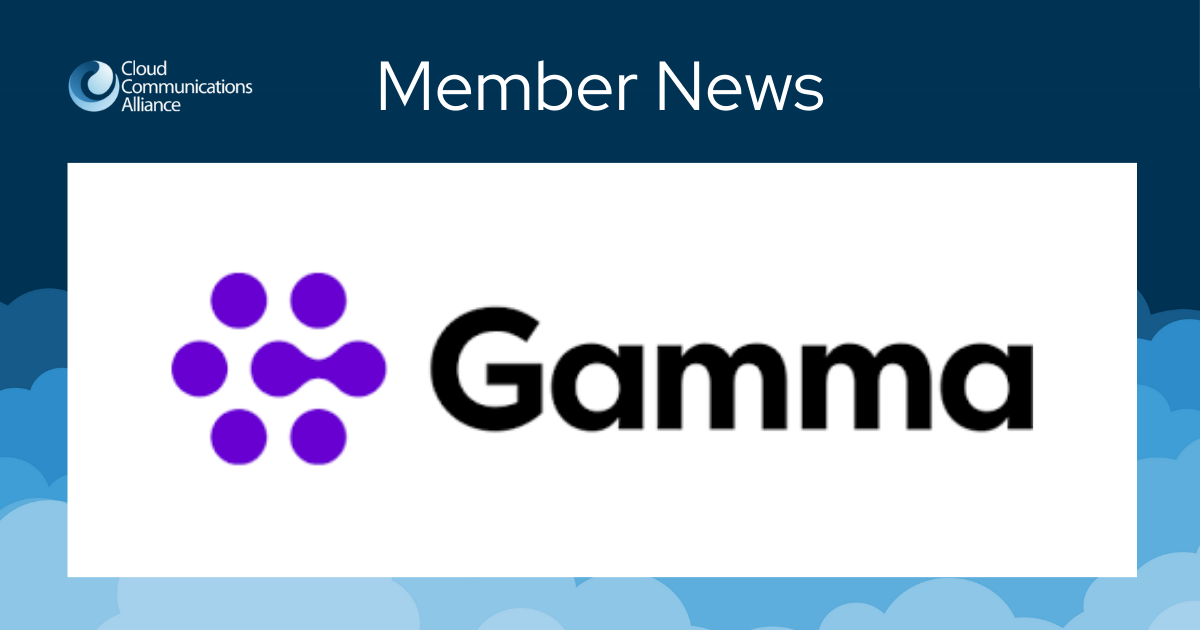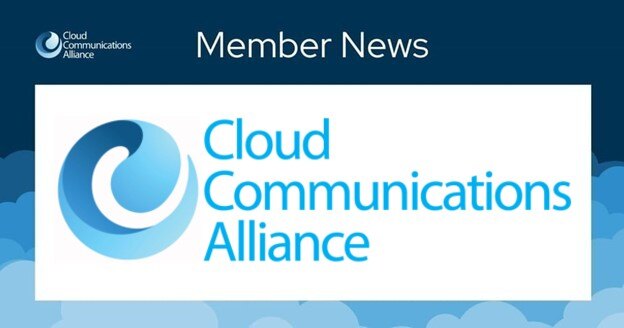Public Knowledge Asks the FCC to Reclassify I-VoIP as a Title II Common Carrier Service, Implicating a Potential Onslaught of Onerous Federal and State Regulatory Obligations

On Wednesday, March 2, 2022, Public Knowledge, a nonprofit organization that seeks to promote open access to the Internet and other communications tools, filed a Petition for Declaratory Ruling with the Federal Communications Commission (FCC) asking the Commission to classify interconnected Voice Over Internet Protocol (I-VoIP) services as Title II common carrier services. If the FCC takes this action, I-VoIP providers will have to comply with additional federal obligations and may be subjected to state regulation in the future.
As it stands, the FCC has not decided the regulatory classification of I-VoIP providers but has instead taken a piecemeal approach, addressing regulatory issues as they arose. Over the years, the FCC has used its ancillary jurisdiction under Title I of the Communications Act to extend many of the requirements of Title II providers to I-VoIP providers. For example, the FCC requires I-VoIP providers to take steps to ensure that customers can contact emergency services. I-VoIP providers are also required to contribute to the Universal Service Fund and to protect consumer proprietary network information (CPNI) in accordance with the FCC’s rules.
If the FCC determines that I-VoIP providers should get Title II treatment, more requirements already applied to voice services will presumably apply to I-VoIP providers. For instance, Title II services must provide rates that are just and reasonable, without unreasonable discrimination or undue preference, and must provide services on demand. If providing international origination or termination services, a Section 214 international authorization (214 license) will become necessary. Additionally, Title II I-VoIP providers will likely be required to seek FCC approval prior to the transfer of assets or corporate control in mergers and acquisitions. This would slow the speed of transactions significantly.
Further, classifying I-VoIP as common carriers could open the door for increased state regulatory oversight, requirements, and burdens; likewise impacting the efficiency and ease of M&A and financing activity that I-VoIP currently enjoys.
The FCC will likely seek comments on this Petition in the coming weeks, though no notice has been released yet. The impact of this matter on the potential regulatory obligations of I-VoIP providers cannot be understated.

